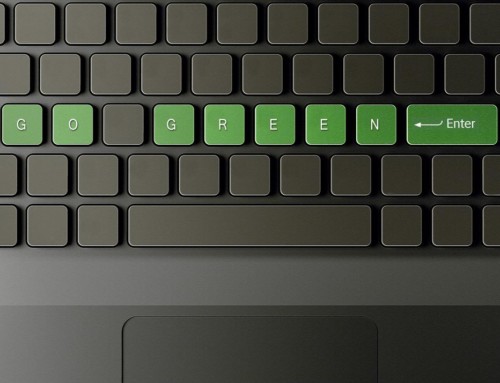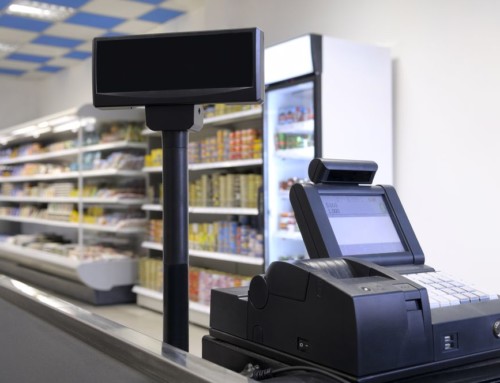Email sometimes appears to take over our lives. According to research produced by Adobe and shared on The Washington Post, people spend slightly more than four hours checking their work email each day. Imagine how much can get done with that time, not to mention how much happier we would all be without having to send so many messages.
If you need some business advice to make you and your coworkers more productive,here are some tips we try to use at NGS which all start with email and taking control of your inbox.
Keep them brief
Lengthy emails waste your time in two ways. First, they take a lot longer to write than a brief message. Second, the recipient is less likely to read them, negating the point of email in the first place. A coworker will open your message, see that consists of several paragraphs and either refuse to read it fully or put the message aside, waiting for a moment when they have time to review and write a proper response. Unfortunately, this means they often forget the email exists.
Instead, keep your messages short and to the point. Don’t bog recipients down with excessive greetings, comments about the weather or TV show recaps. Save that for office chit chat and use email for relevant information.
Make them informative
Although you want concise emails, you still need to fully address the topic at hand. Otherwise, the recipient may have questions or get confused, leading to a seemingly endless chain as the two of you clarify and ask for even more clarification. Before hitting send, try to ask yourself if the recipient will have questions based on what you’ve written, then add the answers into your message. That said, don’t let these answers prevent you from being concise.
Reply strategically
Do you really need to respond to every single email immediately? Probably not. Dan Ariely, a behavioral economist at Duke University, conducted a study that found most emails aren’t urgent. Unfortunately, we tend to treat all of them as such. Doing so takes our time and attention away from whatever we were working on. When this happens over 100 times over the course of a day, it’s easy to see how you never get anything done sometimes.
Instead, when a new email hits your inbox, quickly glance at the sender and title. Use this information to gauge urgency. Put less important messages on the back burner, then schedule some time at the end of your day to go through them all.
Use chat
If the issue at hand isn’t pressing or doesn’t involve too many people, chat is a perfectly acceptable alternative to email. It’s much faster, since you don’t have to create a subject line or write as formally. That said, you’ll still need to maintain a certain level of professionalism, and be sure to stay on topic.
Some emails you have to respond to immediately, but those come less often than you might think.



